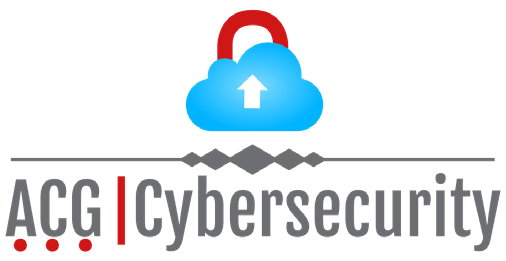DORA (Digital Operational Resilience Act), implementing a digital resilience strategy
Satisfaction rate
4.8
Success rate
4.8

The target audience for training
ISSMs and security advisors, security architects, IT directors and managers, IT engineers, project managers, security auditors and IT regulatory lawyers.
What you will learn
The DORA framework is a European regulatory framework designed to strengthen the operational resilience of financial entities in the face of IT and cybersecurity risks. It imposes strict requirements in terms of IT risk management, cybersecurity testing, incident management and critical infrastructure resilience. By harmonising standards across the EU, DORA ensures greater protection against cyber threats, limiting disruption to financial services and strengthening digital confidence.
Training programme
- Duration: 2 days
Module 1: Information and communication technology (ICT) risk management
- DORA provisions reiterating the need to implement an ICT risk management system.
- Key principles and requirements for risk management in financial entities.
- Obligations relating to the ICT risk management framework.
Module 2: Management, classification and reporting of ICT incidents
- Provisions of the DORA regulation aimed at harmonising and rationalising the reporting of ICT incidents.
- Classification and reporting of ICT incidents.
- Notification to the competent ESA (European Supervisory Authorities) of major ICT-related incidents.
- Voluntary notification of major cyber threats to authorities such as EBA, EIOPA and ESMA.
Module 3: Digital operational resilience testing
- Digital operational resilience tests on the most critical parts of their information systems.
- Advanced tests based on Threat-Led Penetration Testing (TLPT).
- Large-scale live testing of threats, carried out by independent testing bodies.
Module 4: Managing the risks associated with third-party service providers
- Principles for managing third-party risks as part of ICT risk management.
- Provisions to be taken into account in the relationship with third-party service providers supplying ICT services.
- Europe-wide monitoring framework for critical third-party ICT service providers.
Module 5: Provisions relating to the exchange of information
- Strengthen the digital operational resilience of financial entities.
- Voluntary exchange of information and intelligence on cyber threats between different financial entities.
Trainer profile :
An expert consultant-trainer in regulatory compliance and digital resilience, whose technical, professional and teaching skills have been rigorously assessed and validated as part of our internal selection procedures.
Teaching methods and resources:
The course is based on a balanced combination of theoretical and practical approaches, guaranteeing both the acquisition of knowledge and its rational application:
- Structured theoretical input, illustrated by practical examples and adapted to the participants' professional context.
- Practical exercises at each stage to help you learn.
- Case studies to link the different skill blocks.
- Strong interaction between the trainers and the trainees, making the exchanges more effective.
- the expectations of the trainees.
- Complete teaching documentation, supplied in paper or digital format.
- Course evaluation questionnaire at the end of the course, analysed by our teaching team.
- A certificate of acquired skills is sent to the trainee at the end of the course.
- End-of-training certificate sent at the same time as the invoice to the company or funding organisation, confirming the trainee's full participation in the session.
Training objectives
At the end of the course, participants will be able to :
- Understand the main objectives and key concepts of the DORA regulation
- Understanding the different types of cyber risk
- Identify data security and regulatory compliance obligations
- Learn about good digital security practices and raise awareness among employees
- Setting up and implementing a digital resilience strategy
Assessment procedures
- Practical exercises at each stage of the course.
- Case studies to link the different skill blocks.
- Quiz at the end of each day's training.
- Self-assessment of knowledge acquired by the trainee via a questionnaire.
Training prerequisites
Basic knowledge of cybersecurity and information systems security.
Tarif
- 2090 €
- Language : French
- Level : Fundamental
- Certification body : ACG CYBERACADEMY
- Certification: No
- Accessibility : Yes
- Duration: 2 days
Important information:
Our courses are not registered with the Répertoire National des Certifications Professionnelles (RNCP), but they do comply with the requirements of the Répertoire Spécifique (RS).
